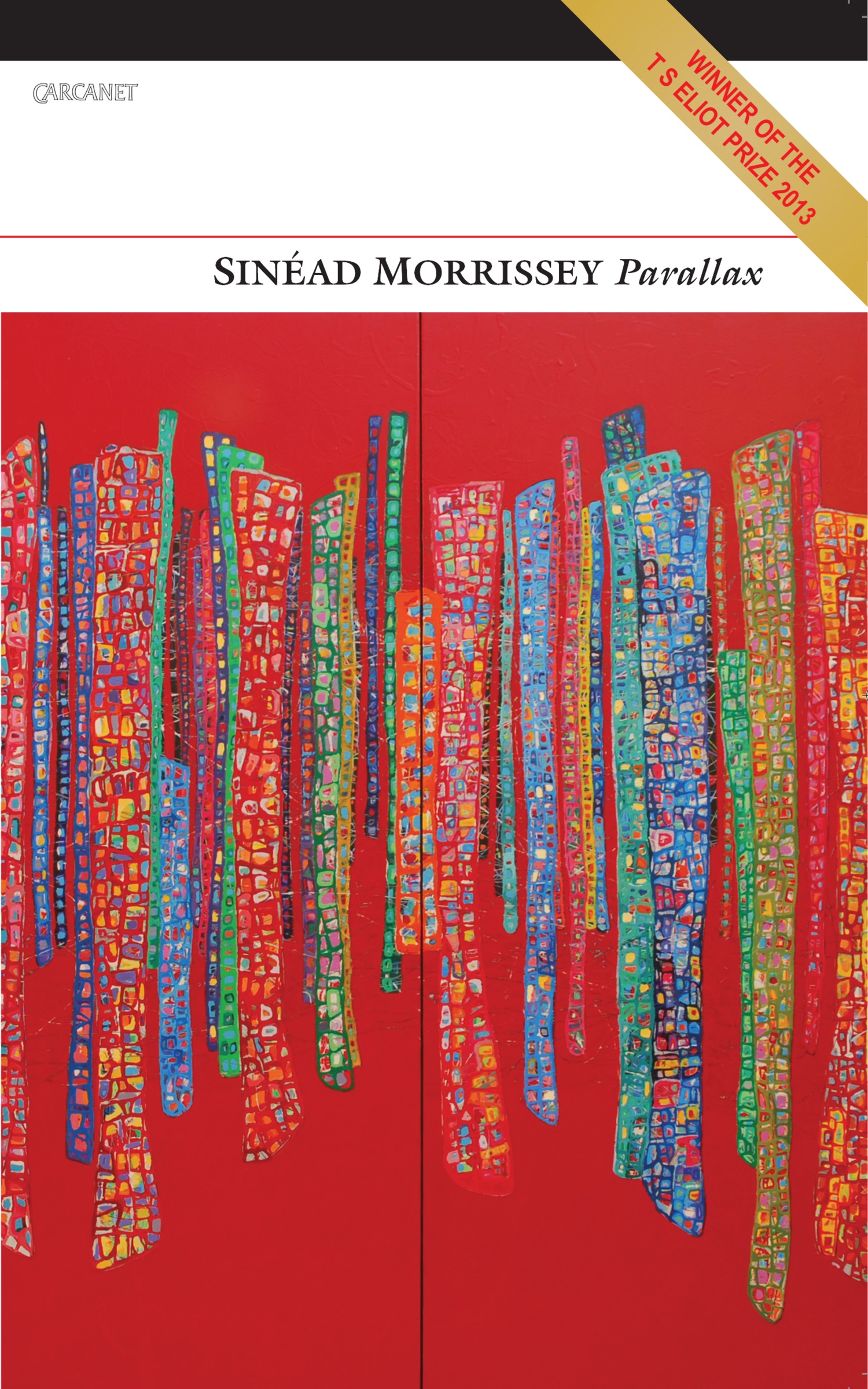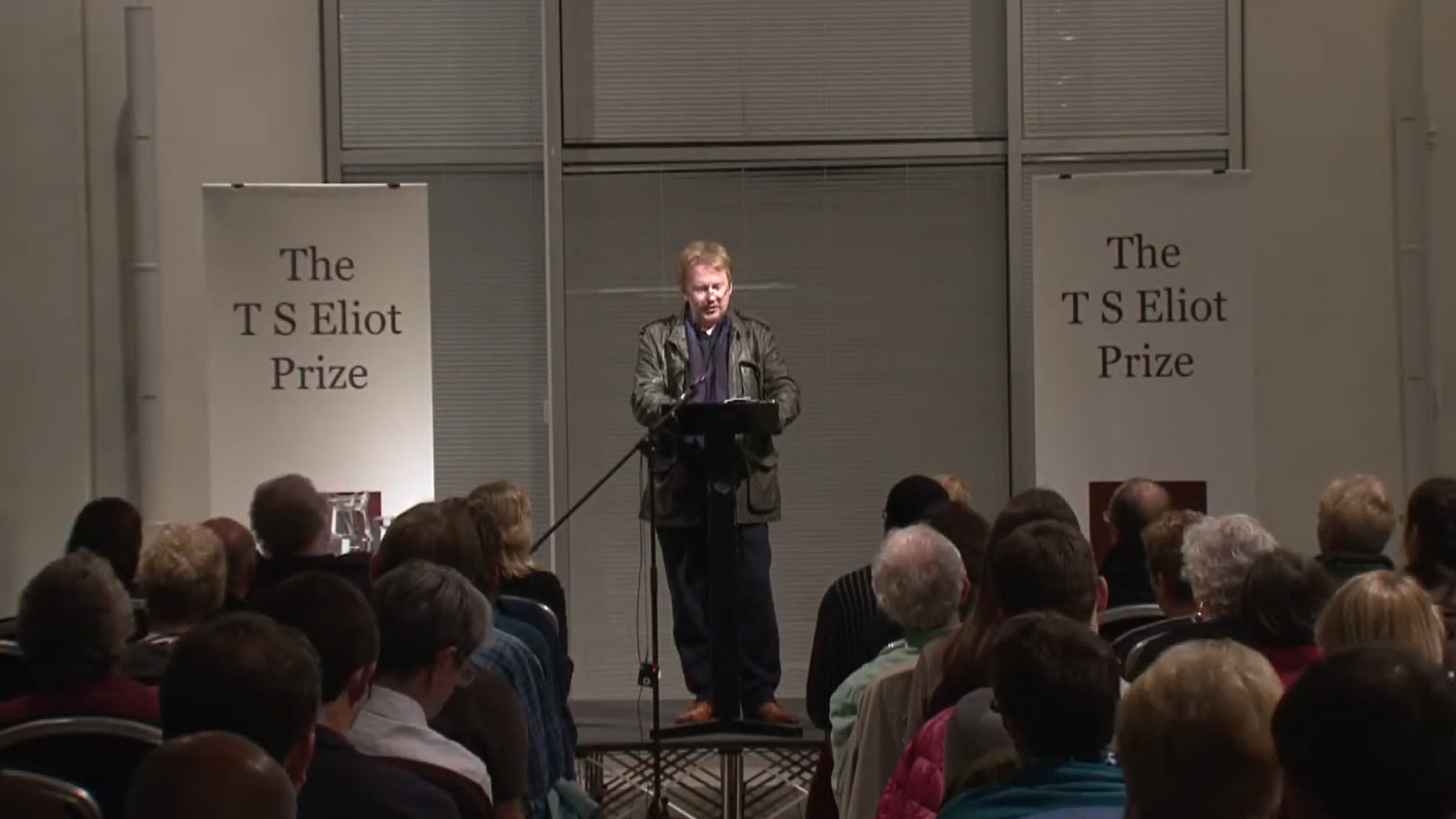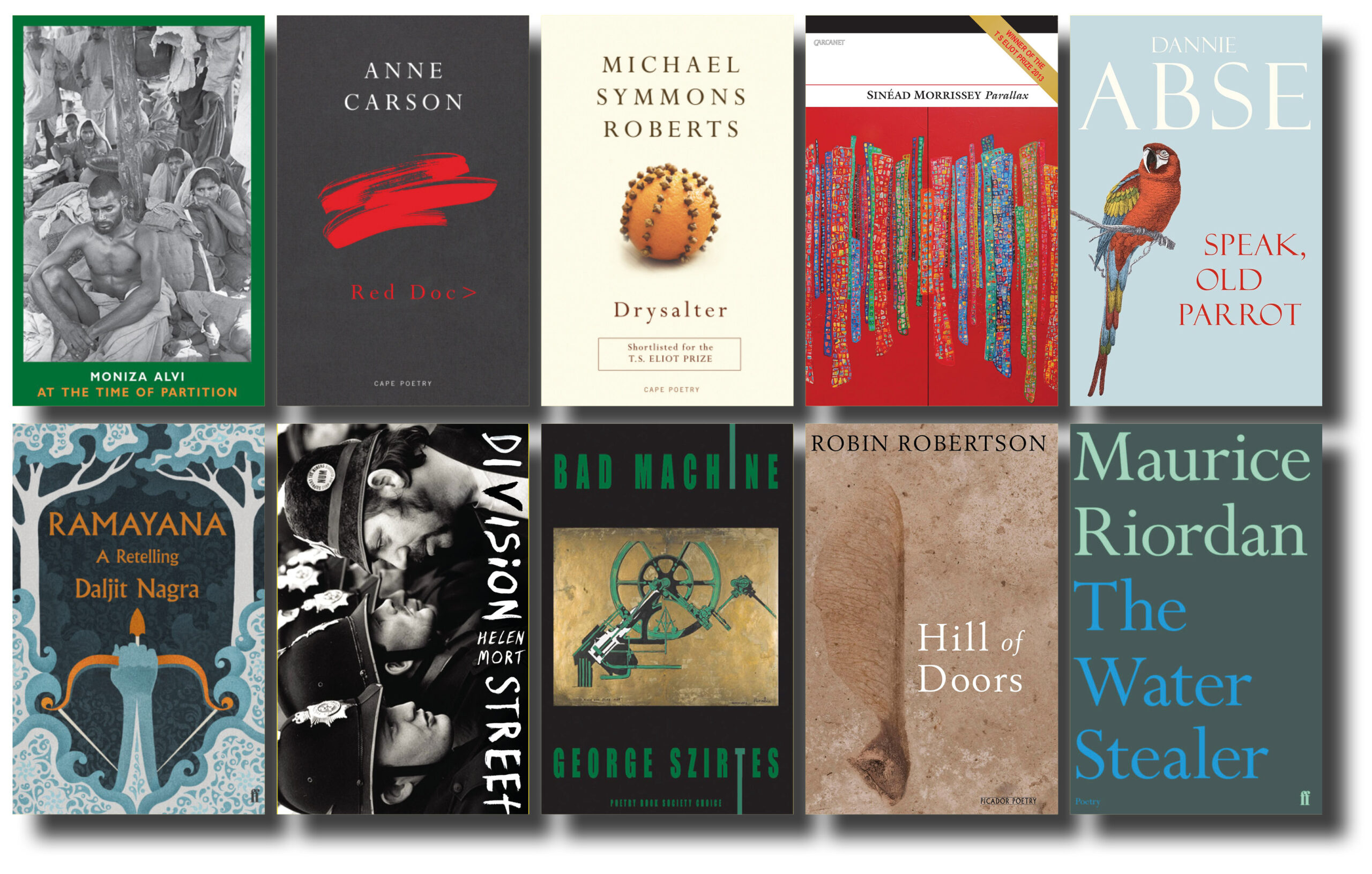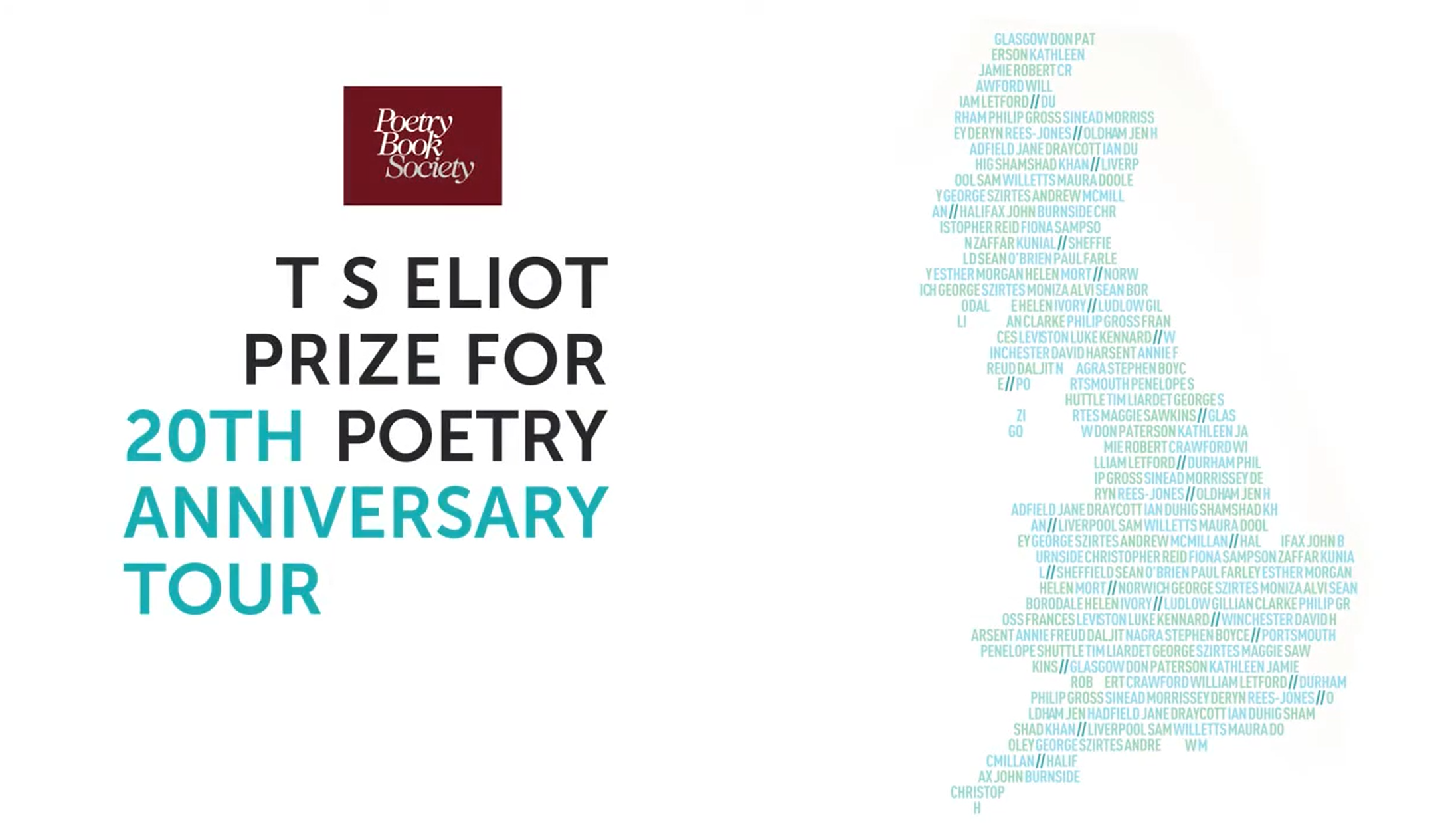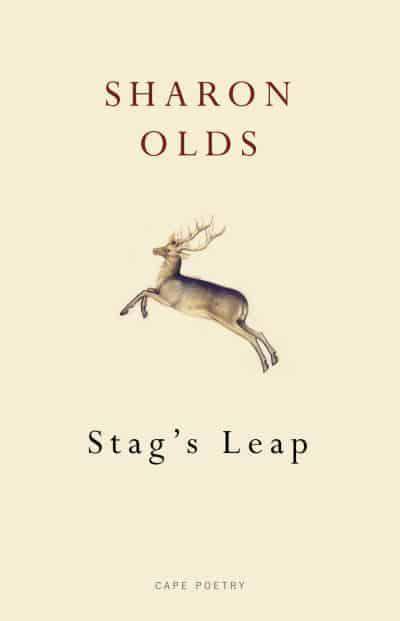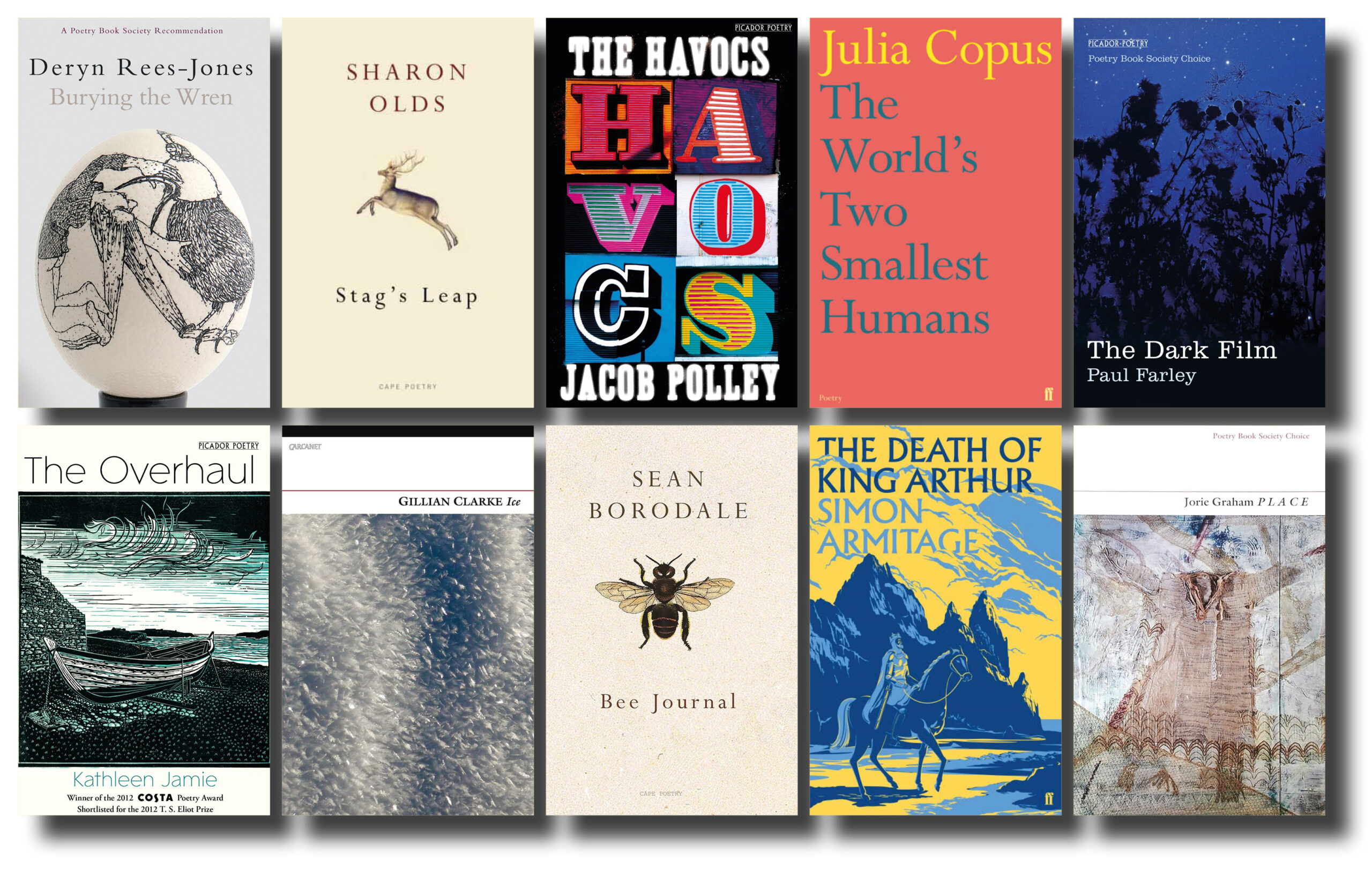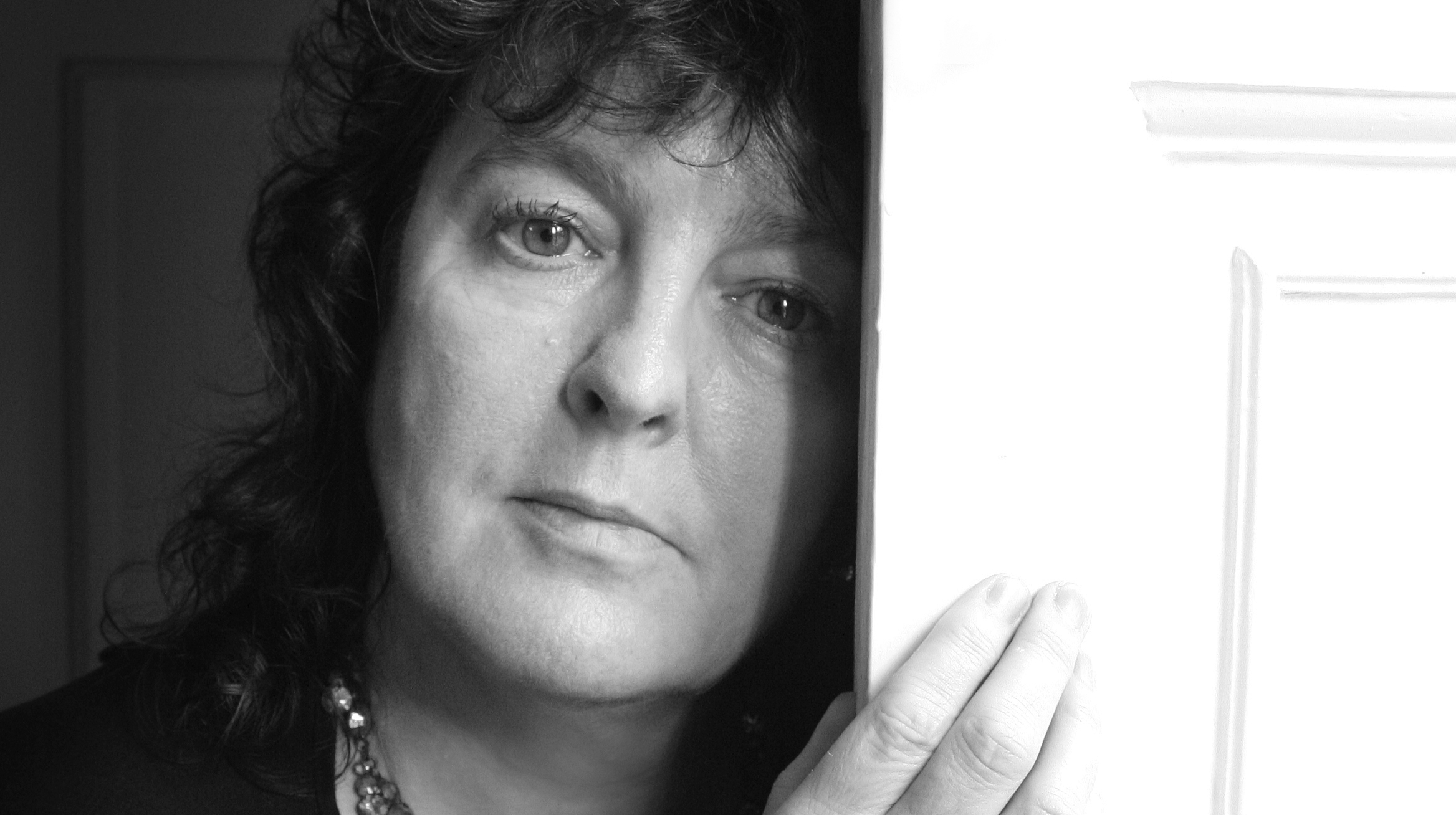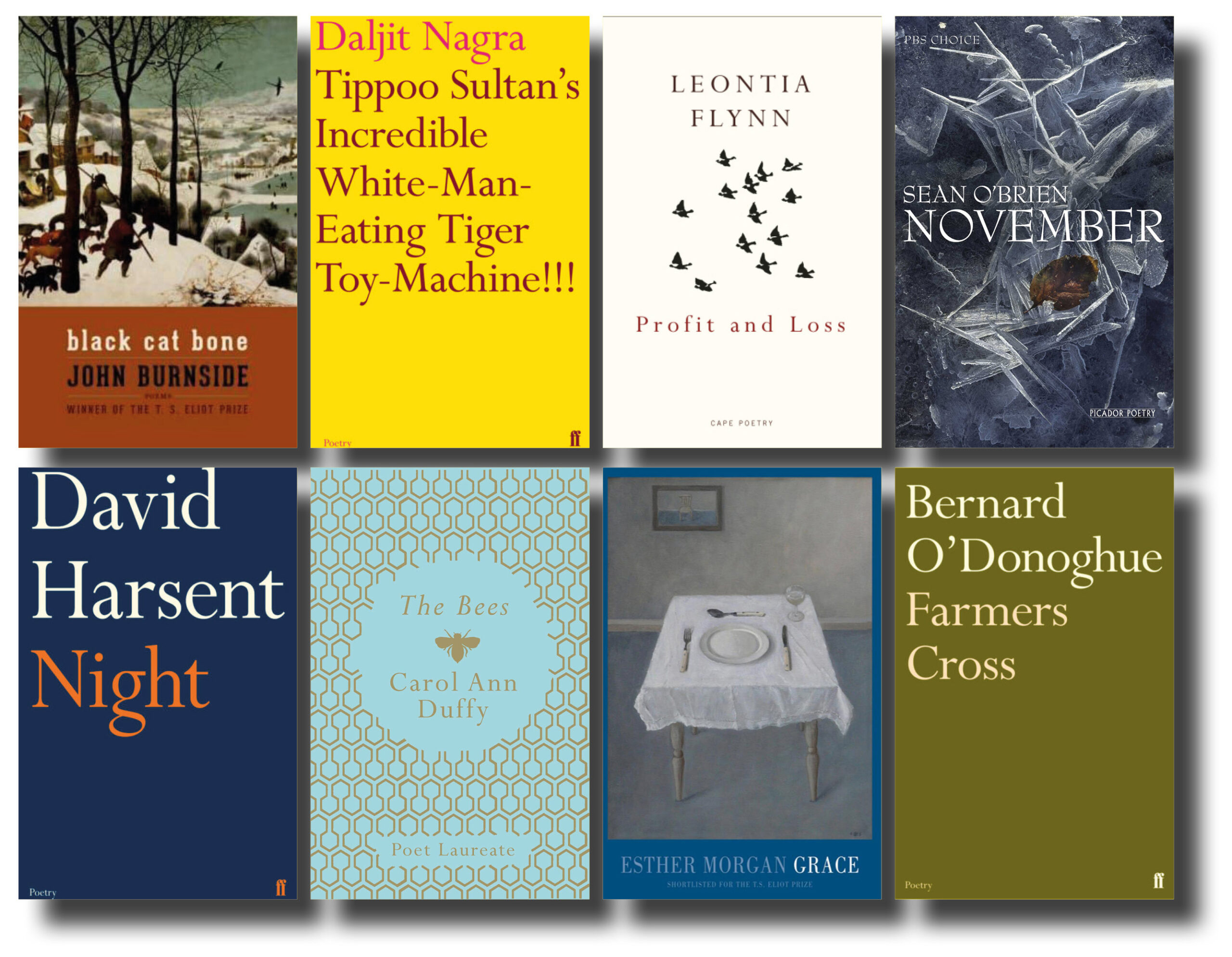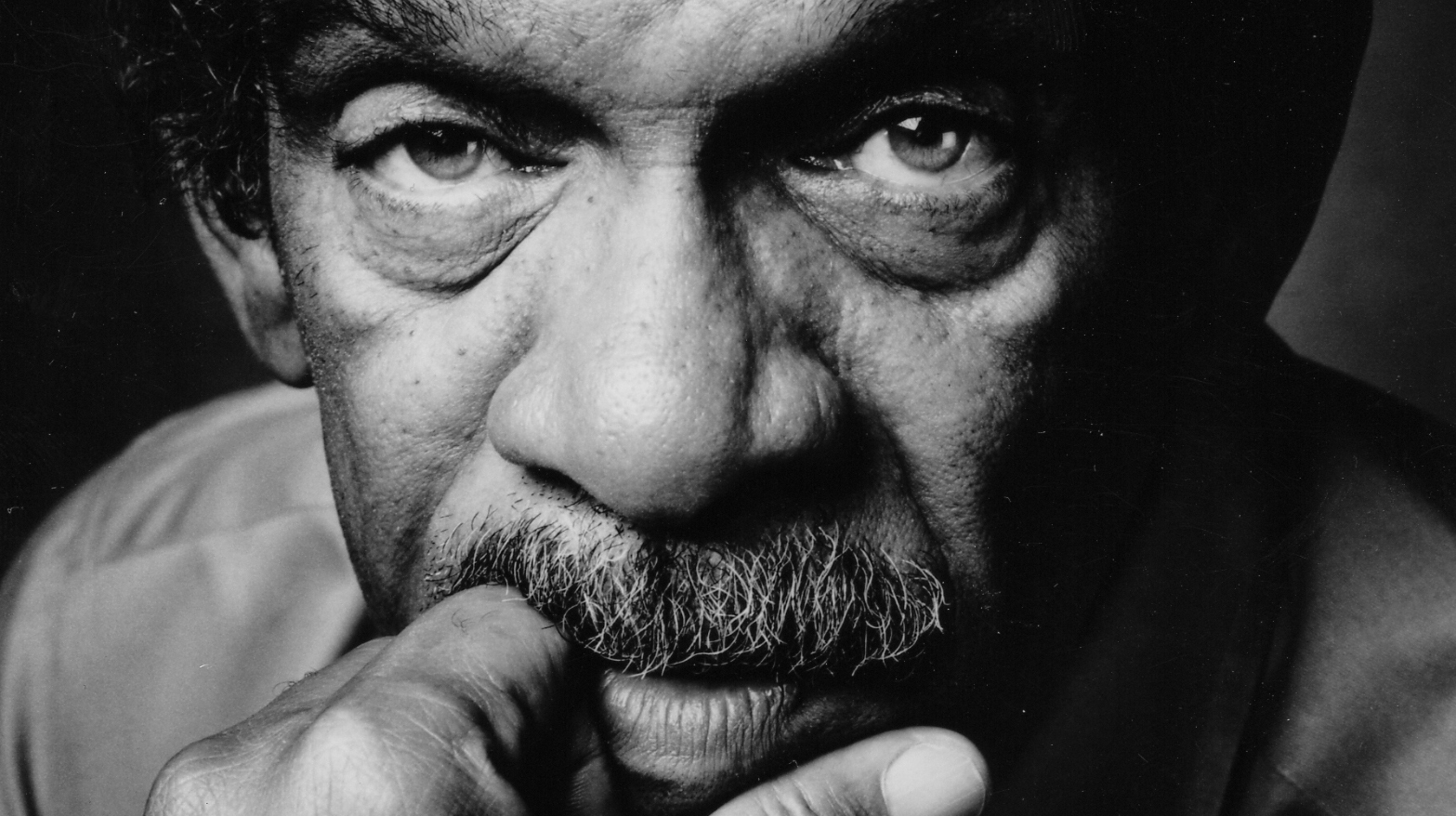T. S. Eliot Prize News
This article on the T. S. Eliot Prize was first published on the Poetry Book Society website in 2014. The Poetry Book Society is delighted to announce that the winner of the T. S. Eliot Prize for Poetry 2013 is Parallax by Sinéad Morrissey, published by Carcanet Press. This...
This article on the T. S. Eliot Prize was first published on the Poetry Book Society website in 2014. In autumn 2013, the Poetry Book Society organised a ten-venue national tour, funded by Arts Council England, to celebrate the twentieth anniversary of the T. S. Eliot Prize. At each...
This article on the T. S. Eliot Prize was first published on the Poetry Book Society website in 2013. The Poetry Book Society is delighted to announce a wonderfully diverse Shortlist for the T. S. Eliot Prize for Poetry 2013. Judges Ian Duhig (Chair), Imtiaz Dharker and Vicki Feaver have...
This article on the T. S. Eliot Prize was first published on the Poetry Book Society website in 2013. This autumn the Poetry Book Society will be organising a ten-venue national tour, funded by Arts Council England, to celebrate the twentieth anniversary of the T. S. Eliot Prize. At...
This article on the T. S. Eliot Prize was first published on the Poetry Book Society website in 2013. The Poetry Book Society is delighted to announce that Sharon Olds has won the T. S. Eliot Prize for Poetry 2012 with Stag’s Leap, published by Cape Poetry. She is...
This article on the T. S. Eliot Prize was first published on the Poetry Book Society website in 2012. The Poetry Book Society is pleased to announce the Shortlist for the T. S. Eliot Prize for Poetry 2012. Judges Carol Ann Duffy (Chair), Michael Longley and David Morley have chosen...
This article on the T. S. Eliot Prize was first published on the Poetry Book Society website in 2012. The Poetry Book Society is delighted to announce the judges for the T. S. Eliot Prize for Poetry 2012. Carol Ann Duffy will be Chair and the other two judges...
This article on the T. S. Eliot Prize was first published on the Poetry Book Society website in 2012. The Poetry Book Society is delighted to announce that John Burnside has won the T. S. Eliot Prize for Poetry 2011 with Black Cat Bone, published by Cape Poetry. The...
This article on the T. S. Eliot Prize was first published on the Poetry Book Society website in 2011. The Poetry Book Society is pleased to announce the Shortlist for the T. S. Eliot Prize for Poetry 2011. Judges Gillian Clarke (Chair), Stephen Knight and Dennis O’Driscoll have chosen six...
This article on the T. S. Eliot Prize was first published on the Poetry Book Society website in 2011. The Poetry Book Society is delighted to announce that Derek Walcott has won the T. S. Eliot Prize for Poetry 2010 with White Egrets, published by Faber & Faber. The...
